Turkey largest importer of waste from EU in 2020: Greenpeace
Turkey has once again ranked first among all the countries importing waste from the EU member states. Come read our blog to learn more about the country's current environmental situation.
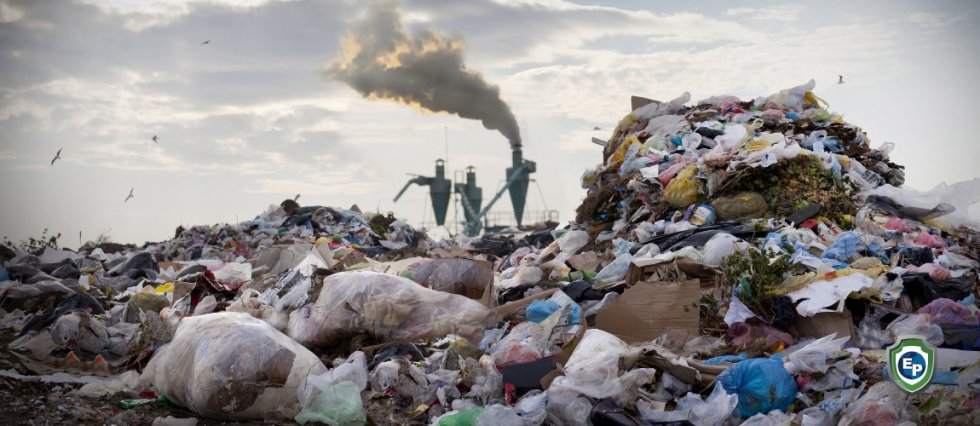
Turkey has imported over 600,000 tons of plastic waste from European countries in 2020, even ranking first among those importing waste from European Union (EU) countries. According to Greenpeace, a global environmentalist organization, this situation is disastrous for Turkey's environment since processing all of this trash causes a significant degree of pollution.
Given the lack of a well-developed regulatory framework in the country, waste management businesses may get a free pass, despite the Turkish government's declaration of a zero-waste policy. Turkey's pollution problem is worsening as a result of the fast-grown and unplanned industrial production plants that are more popular than those in organized industrial regions.
From 1985 to 2000, Turkey's main goal was to achieve a 5% annual economic growth. To accomplish this, natural resource licenses were not strictly enforced, and the number of mines and other facilities producing raw inputs from nature increased logarithmically. Moreover, many agricultural fields have been converted into industrial ones, demonstrating that Turkey's economic development plans were not environmentally sustainable. These practices run counter to the Turkish government's claims of a green development, as the country's environmental sustainability continues to be in jeopardy.
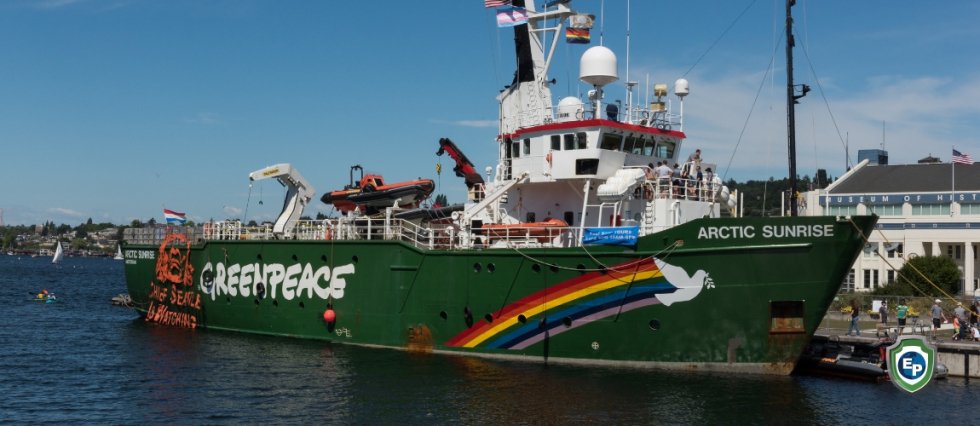
Furthermore, Turkey is not a signatory to the Paris Environmental Pact. This means there are no well-developed import control systems in the country, and waste processing industries fall under the jurisdiction of the government. When analyzing the statistics of waste imports, experts have noted a dramatic increase in the last five years. This situation is unlikely to improve since the country is unwilling to compromise greater economic development rates for environmental sustainability.
Lastly, many countries regard garbage exporting as a useful economic resource in order to remain eco-friendly and generate large revenue, rather than spending money on treatment, while importing countries see the recycling industry as a valuable economic resource. However, reprocessing waste requires the use of natural resources, which is harmful to the environment. If recycling companies can cut their costs by getting help from their governments, they can have a profitable business but the price of a fragile ecology would spread to all taxpayers.
Leverage Export Portal to Achieve Success
At Export Portal, we are dedicated to helping SMEs thrive even during these uncertain times. Come check out our site today and stay updated on all the latest trade news!
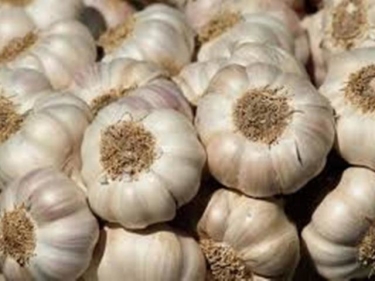





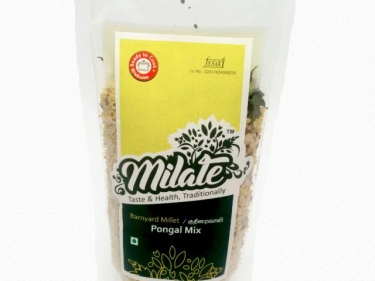


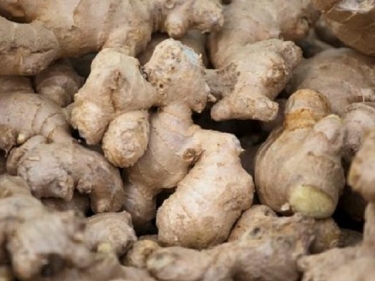








Comments 2